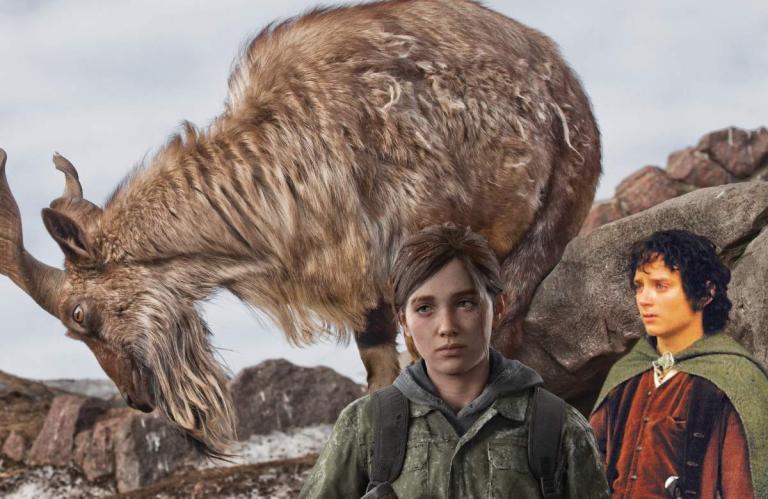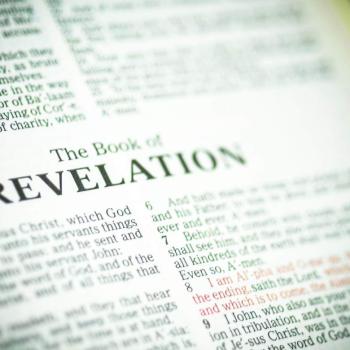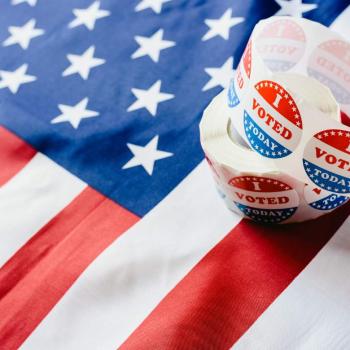
At first glance, J.R.R. Tolkien’s The Lord of the Rings and Naughty Dog’s The Last of Us might seem worlds apart. Tolkien’s work is filled with elements of faerie and moments of joy, while The Last of Us is defined by horror and trauma. Yet, beneath the surface, both stories share a central theme of sacrificial burden through the characters of Frodo Baggins and Ellie Williams, both of whom are scapegoats tasked with saving their communities.
Frodo’s journey begins at age 33—the age at which a Hobbit comes of age—when he inherits the burdensome Ring from Bilbo. After seventeen quiet years in the Shire, Frodo embarks on a dangerous quest to destroy the Ring at Mt. Doom. Ellie, on the other hand, is just 14 when she is bitten by one of the “infected,” but mysteriously doesn’t turn. With no choice, she is rushed out of the Boston QZ by Joel Miller, a smuggler and the primary protagonist of The Last of Us Part I, in hopes of using her immunity to save humanity.
Though Ellie is much younger than Frodo, she is often treated as more capable and is forced to prove herself in brutal circumstances. Early in their journey, she saves Joel by shooting a hunter and later earns the right to even carry a gun. Her responsibilities grow when Joel is severely injured, forcing Ellie to care for him while dealing with a cannibalistic militia group. Despite her young age, she proves more than capable, rescuing herself from horrific danger.
Frodo, however, relies heavily on Samwise Gamgee for basic survival, from food and water to protection. Tolkien even refers to Sam as the “chief hero” of the story, highlighting the essential role he plays. Frodo’s increasing inability to care for himself reflects the psychological burden of carrying the Ring—a burden that, like Ellie’s infection, sets him apart and makes him a scapegoat.
Scapegoating involves sacrificing one for the many, and both Frodo and Ellie bear this burden. Frodo acknowledges this when he says, “I shall know that somewhere there is a firm foothold, even if my feet cannot stand there again.” He knows he will never return to the Shire. Ultimately, Frodo’s role as a scapegoat is unique because, while he survives the War of the Ring, he must leave Middle-earth to find peace.
In contrast, Ellie has little choice in her fate. She is bitten against her will, and the Fireflies plan to operate on her in order to try to find a cure, and do so without her consent–this would kill her in the process. Joel, however, rescues Ellie, killing Marlene and the Fireflies, preventing her from becoming a sacrificial victim. Unlike Frodo, Ellie becomes a failed scapegoat, leaving the world without a cure for the infection. But even if Ellie had sacrificed herself, societal unrest would likely have continued, as violence and power struggles plague post-apocalyptic society.
Throughout The Last of Us, peace remains elusive. Joel kills the Fireflies to save Ellie, leading to Abby, the daughter of the Firefly doctor, seeking revenge by brutally killing Joel. Ellie then embarks on her own quest for revenge, killing countless people along the way, but ultimately spares Abby’s life. This cycle of vengeance only deepens Ellie’s trauma, costing her her relationship with Dina and her peace of mind.
Frodo’s trauma, though severe, leads him to a different fate. He chooses mercy, sparing Gollum’s life, which ultimately allows the Ring to be destroyed. Unlike Ellie, who loses her fingers and her ability to play Joel’s guitar, Frodo finds rest in Valinor, the Undying Lands. His peace is hard-earned but achieved, while Ellie’s journey ends in unresolved pain.
The key difference between Frodo and Ellie is how they seek meaning. Ellie searches for it through vengeance, which only leads to further loss. Frodo, on the other hand, finds meaning in mercy, which saves Middle-earth from darkness. Both are shaped by love—Joel’s love for Ellie mirrors Sam’s love for Frodo—but Ellie’s loss of Joel leaves her without the support Frodo has in his companions.
However, Ellie’s final act of sparing Abby shows a glimmer of hope. Her path is not entirely lost, and by showing mercy, she may yet find peace. As the game’s final scenes unfold, there is a subtle shift in the musical score, offering a hint of redemption. Ellie’s desire to forgive Joel for taking away her chance to die for a cause reflects a deeper need for meaning, not just in sacrifice, but in love.
Ultimately, both Frodo and Ellie are burdened with scapegoating roles, but their outcomes diverge. Frodo finds peace through mercy and community, while Ellie’s search for meaning remains incomplete, yet not without hope. As we watch Ellie walk away from the farmhouse, we are left with a “fool’s hope” that she, like Frodo, may one day find the peace she so desperately seeks.
PICK UP MY NEW BOOK, HERETIC, TOO!, OUT NOW.
Also, if you’ve been digging my work on here, and want to see me be able to continue writing as close to full-time as humanly possible, please take a look at my Patreon page at www.patreon.com/mjdistefano. Even $1 a month helps bigly!














